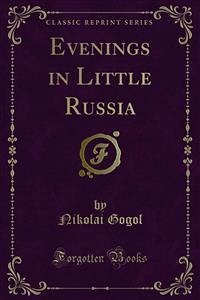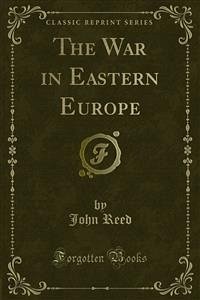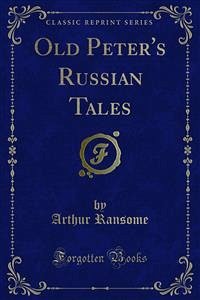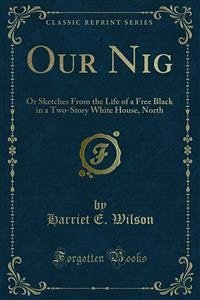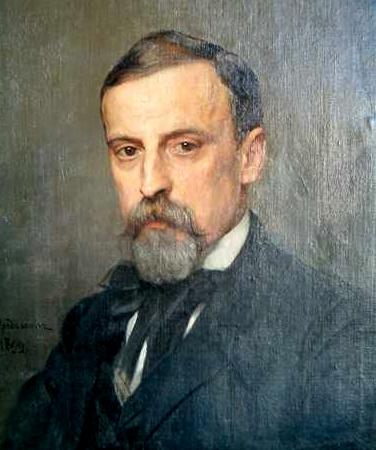A young Pole, Stanislaw Tarkowski (Stas), and his younger English friend, Nell, have been kidnapped by Mahdi's followers (adults). You will travel with the children through the 19th century Africa's dangers and obstacles; you'll see hunger and humiliation, and feel anger and fear. With Polish spirit, with honor and courage, Stas takes care of Nell, protecting her from their abductors as much as he can; and from wild animals. Their four legged friends Saba and King bring hours of fun and joy. We mustn't forget the country's beauty: fauna and flora, some of which our young protagonists had never seen before. Meet the natives and try to understand their perception of certain life situations and events. The story is educational, funny, emotional and down-to-earth. There are no boring moments in this book: whether you're 8 or 108, you will enjoy it.
Bitte wählen Sie Ihr Anliegen aus.
Rechnungen
Retourenschein anfordern
Bestellstatus
Storno




